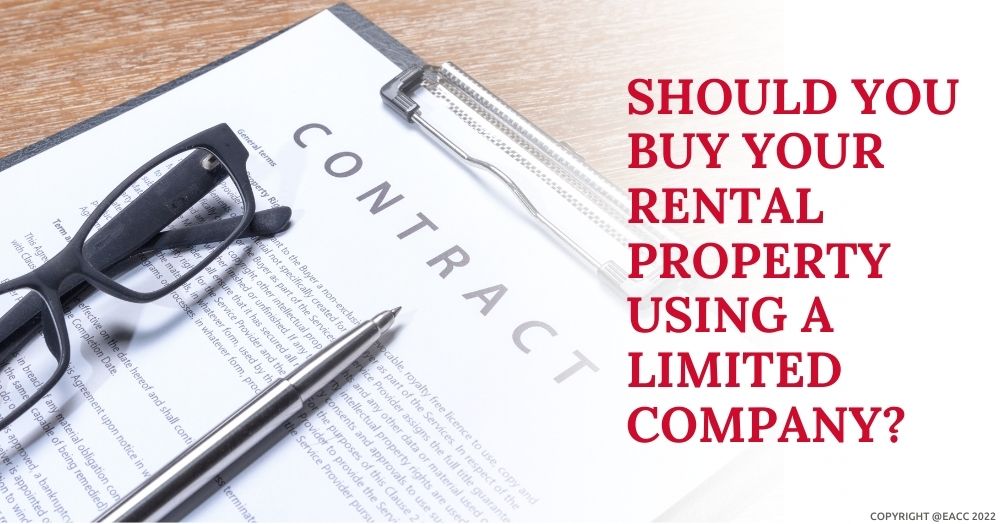Should You Buy Your Rental Property Using a Limited Company?
In this two-minute read, we have a quick look at what you need to consider when becoming a landlord.
Before becoming a landlord, you need to consider how you want to buy your rental property. There’s lots of tricky tax stuff to consider and changes to tax relief over the last few years mean that becoming a landlord might not be as profitable as you first think.
So, what should you do? Should you buy a rental property in your personal name or via a limited company?
Setting up a limited company
Since 2016, more private companies than ever before have been set up to hold buy-to-let properties (primarily because of tax changes) and it’s relatively easy to do. Whether you’re starting a company on your own or with others, it’s a matter of choosing a name, deciding who does what, having a company address, and registering online with Companies House.
Keeping the accounts and records for a limited company can be a lot more complicated than personal tax, so it’s always advisable to hire an accountant. In addition, proper accounts are a legal requirement when running a limited company, so by hiring a professional you can have peace of mind that things will be done the right way.
Taxing stuff
Tax. Ugh. A word that makes everyone feel slightly sick. And when you’re a landlord, it’s an area you need to get your head round.
Over the last few years, the government has brought in several tax changes that impact private landlords with property in their own names and their level of tax relief. In simple terms, this means less profit and more tax.
For example, in England, rental profit is subject to income tax. Previously, if you had an £800 monthly mortgage bill and earned £1,000 in rent, you would only pay tax on the £200 profit. However, since April 2020 tax changes have meant that mortgage costs can no longer be treated as an expense, meaning after-tax profit has considerably reduced.
Limited companies now hold more tax advantages for landlords. For example, a limited company can still treat mortgage costs as an expense along with other related costs of managing a rental property. In addition, limited companies are subject to corporation tax which is currently set at 19% (although this is set to increase), instead of income tax, which changes the more that you earn.
Other tax areas to investigate if thinking about setting up a limited company include:
- No capital gains tax
- Inheritance tax issues (if you plan to pass your property on)
Always speak to an accountant or financial advisor when it comes to tax matters.
If you’re thinking about buying a rental property, please speak to us at Hi Residential.






